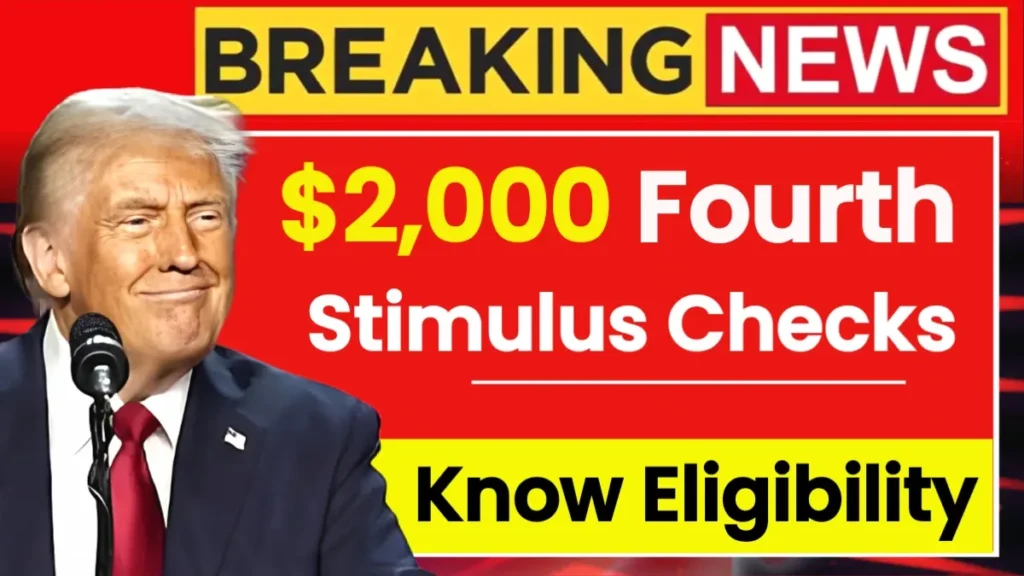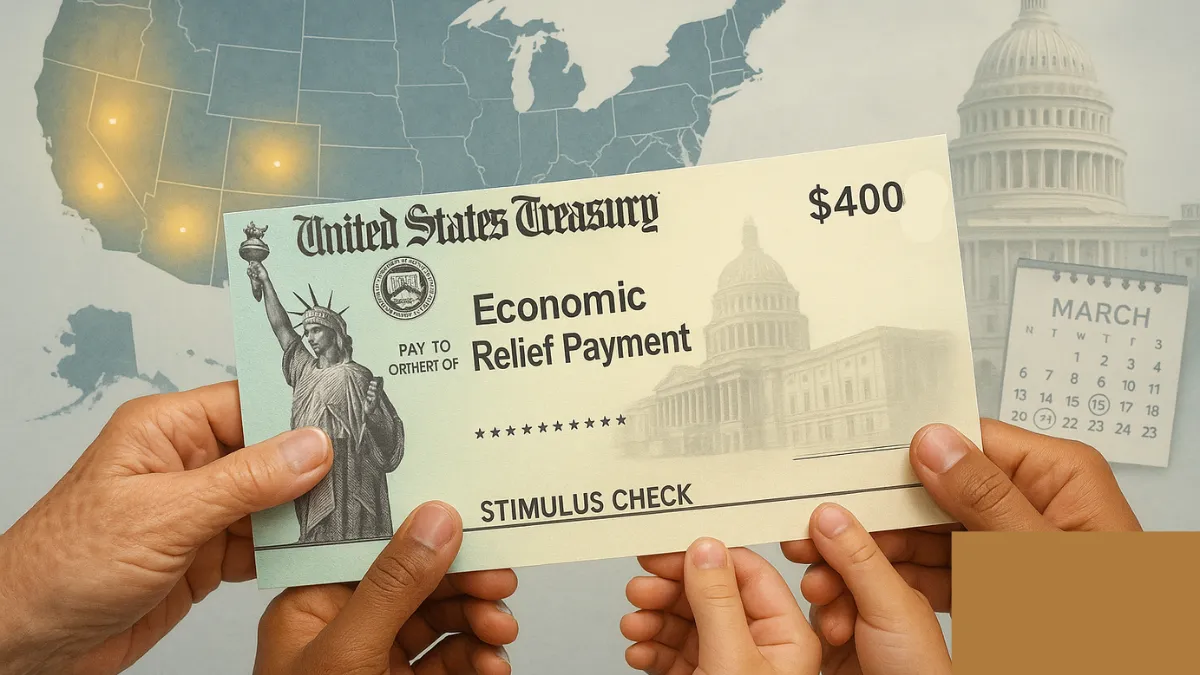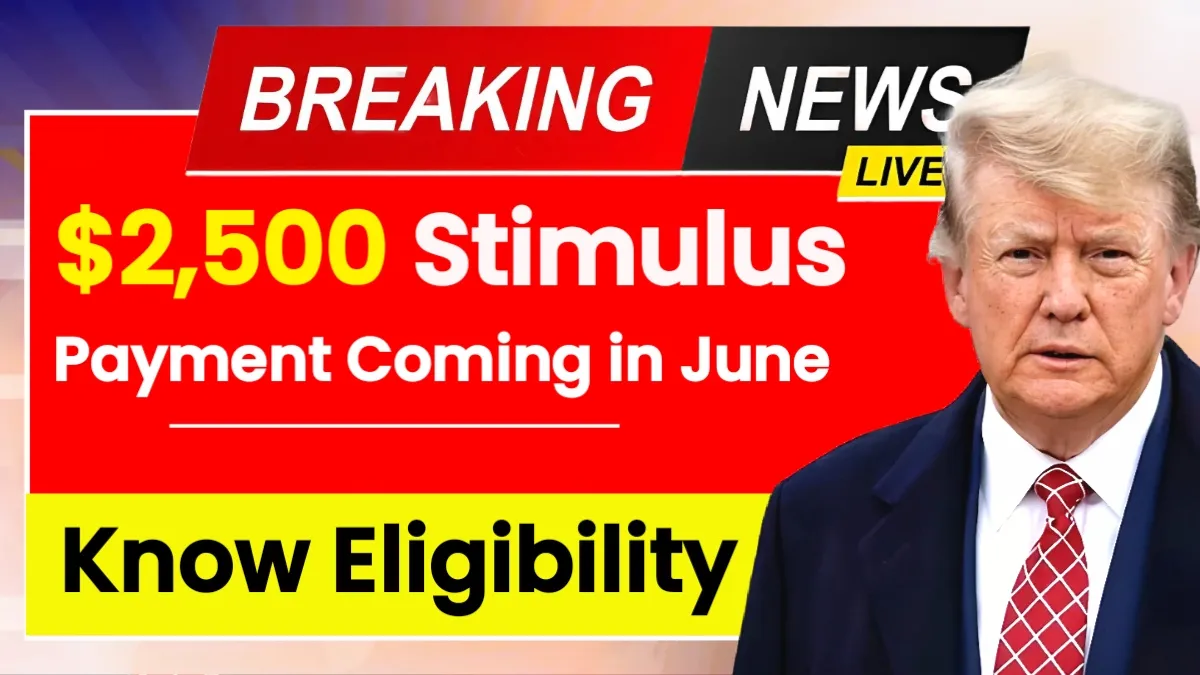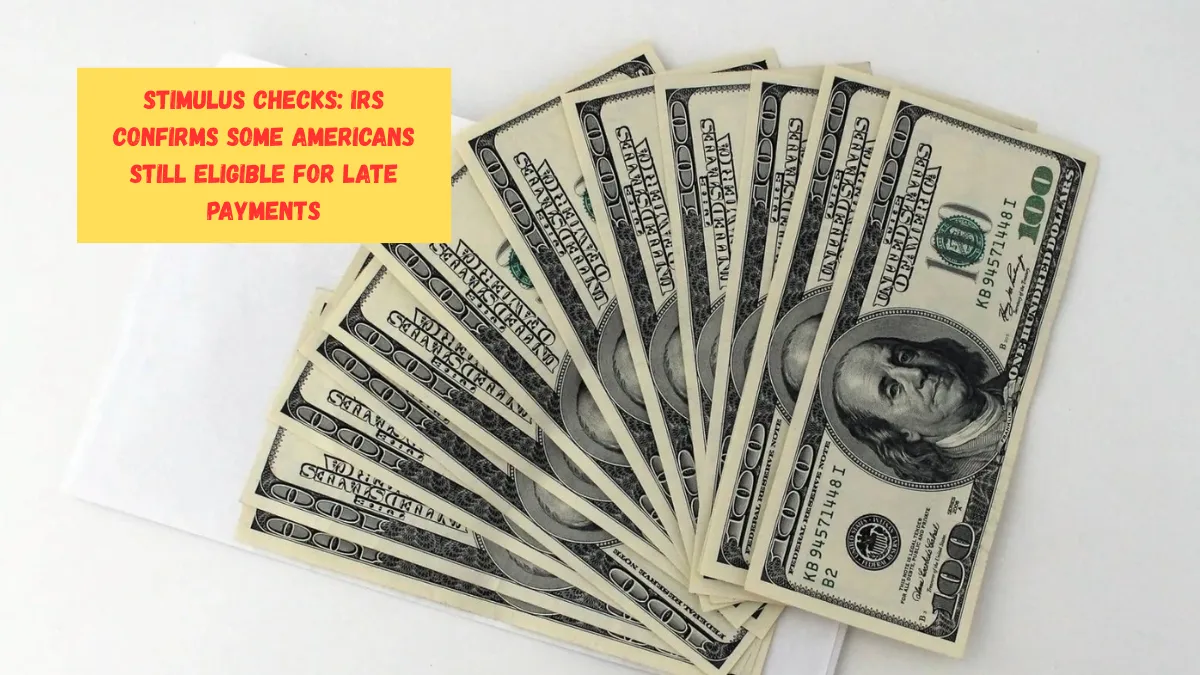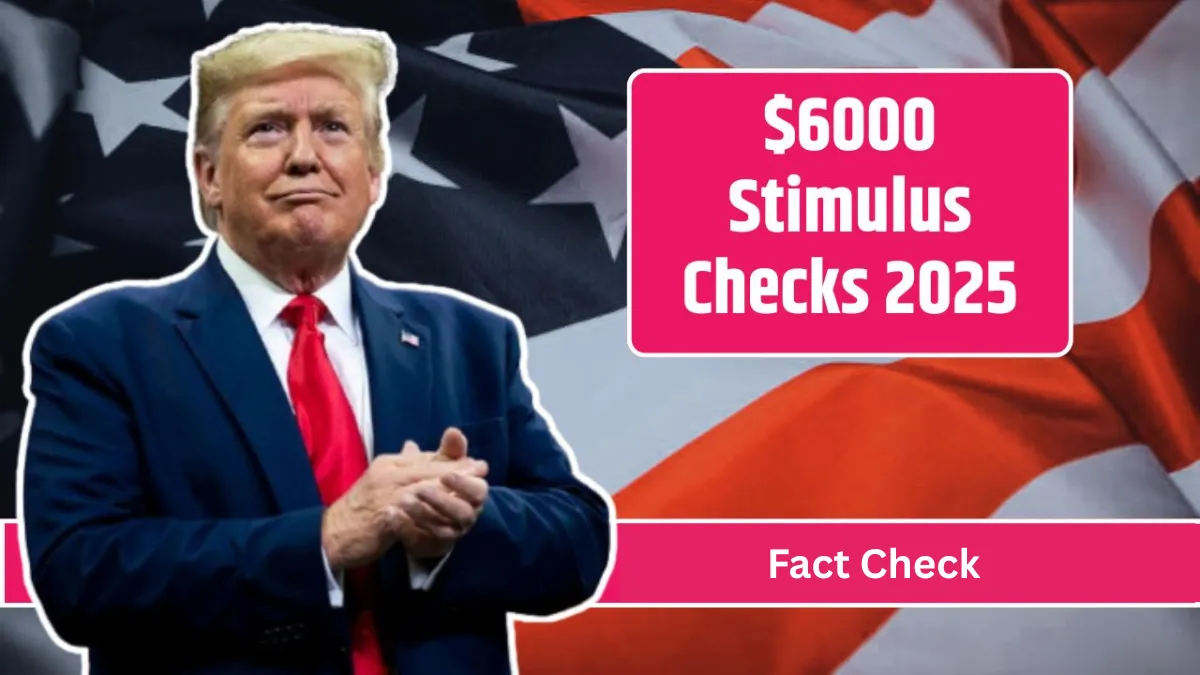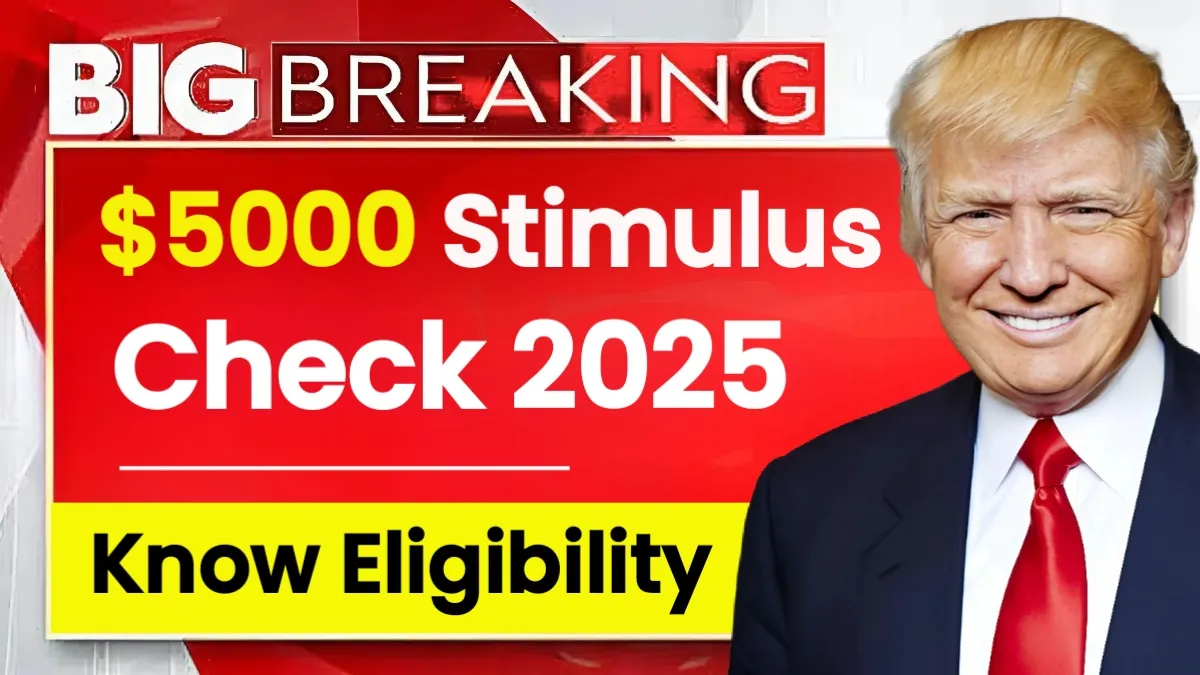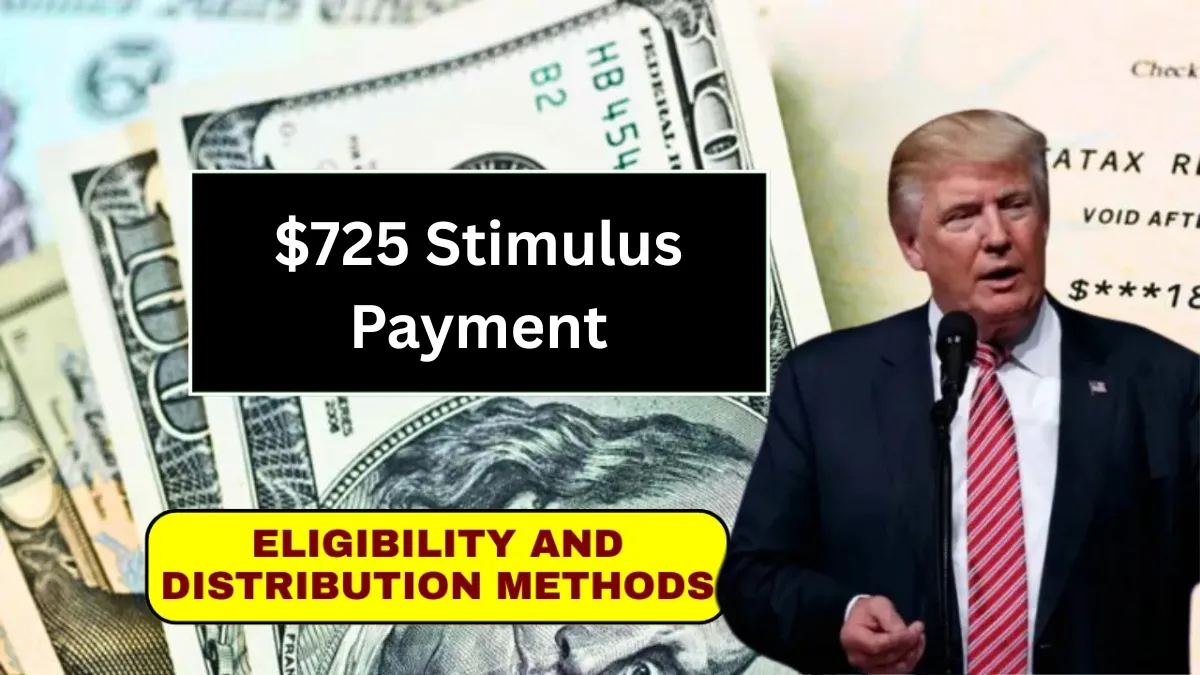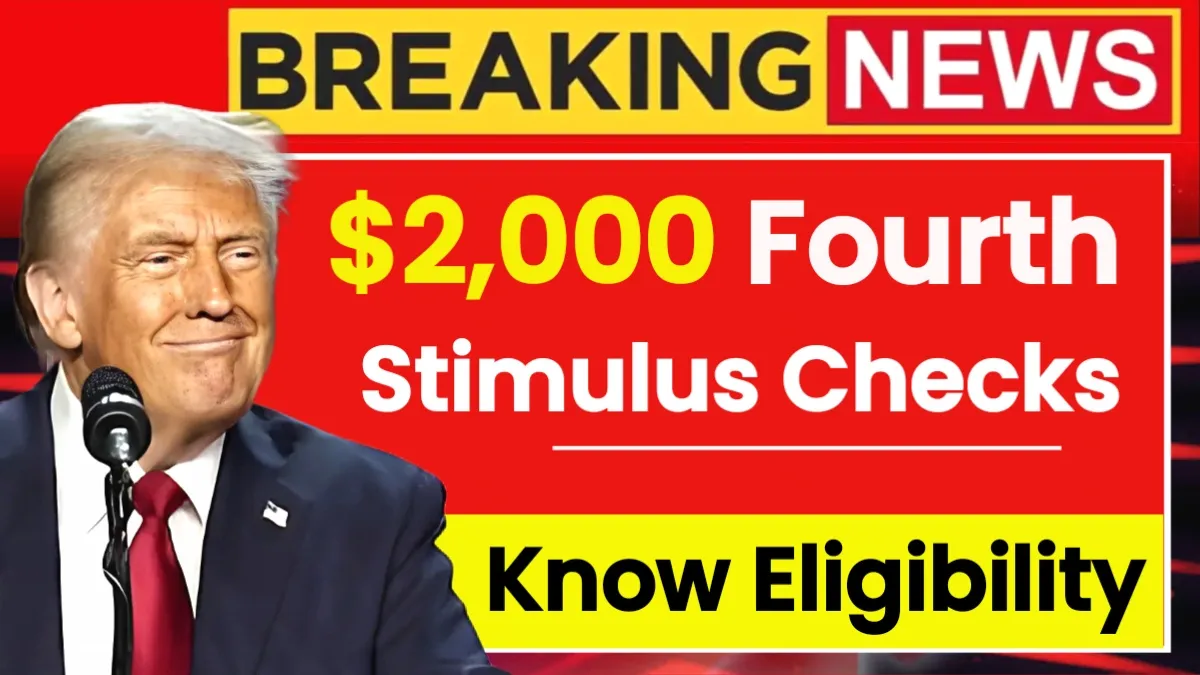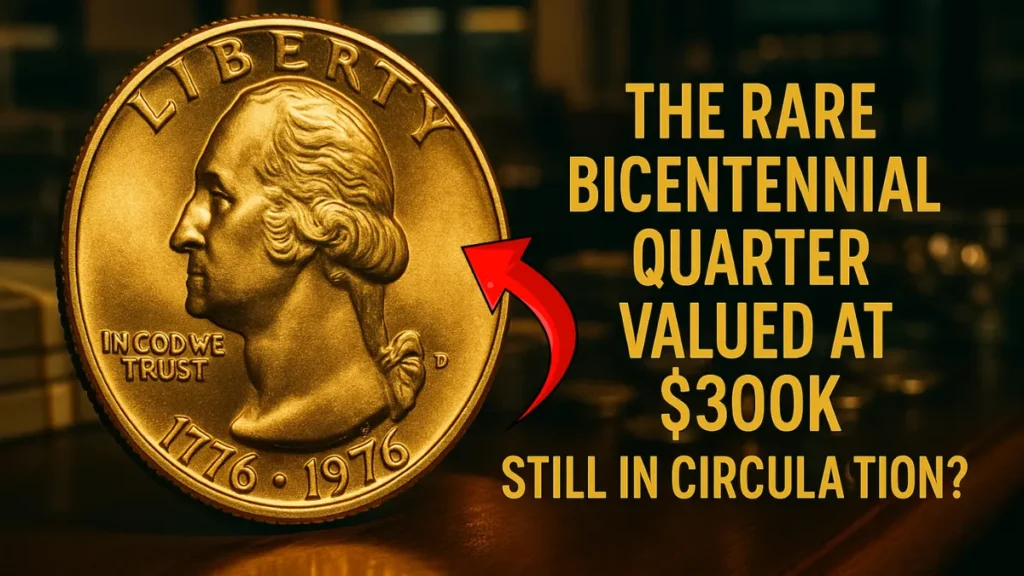$2,000 Fourth Stimulus Checks 2025: The rising cost of living across the United States has sparked renewed discussions about offering more financial assistance to families in need. With prices for essentials such as groceries, housing, and gas continuing to increase, millions of Americans are finding it harder to manage their monthly expenses. In response to these challenges, lawmakers are considering a proposal for a fourth round of stimulus payments, potentially providing $2,000 to qualifying individuals.
This new proposal surfaces at a time when many Americans are still recovering from the economic effects of recent years, while inflation remains a constant issue. Numerous households that previously benefited from past stimulus payments are once again struggling financially, increasing public demand for government support. The conversations surrounding this proposed payment highlight the widespread economic stress many communities continue to face.
Current Status of the Proposal
Although there is significant interest from the public and ongoing media coverage, there has been no official confirmation regarding the approval or launch of a fourth stimulus check initiative. The idea remains in a preliminary phase, still under review and discussion by policymakers. So far, Congress has not passed any legislation to authorize these payments, nor has any federal agency formally endorsed the proposal.
This lack of concrete action has led to a situation filled with anticipation but no clarity. Many people are keeping a close watch on credible news outlets and official government platforms to stay updated on the proposal’s progress. However, without confirmation, it is essential that individuals avoid basing their personal finances on assumptions about receiving these unverified payments.
Potential Eligibility Requirements
If the plan for a new stimulus program gains approval, it is expected to follow similar eligibility criteria as those used in previous rounds. Individuals with an annual income under $75,000 would likely be eligible for the full $2,000 payment. Similarly, married couples filing jointly and earning less than $150,000 combined could qualify for the entire amount.
Beneficiaries of Social Security programs—including disability benefits and Supplemental Security Income—would most likely be included automatically. Those who haven’t submitted recent tax returns might need to update their details with the IRS to ensure accurate delivery. The main goal of the program would be to assist low-income earners, seniors, and others on fixed incomes who are especially vulnerable during inflationary periods.
Expected Distribution Methods
If Congress gives the green light, the payment delivery methods would likely follow the systems used during previous stimulus rollouts. Individuals with up-to-date bank account information on file with the IRS would receive their payments through direct deposit, which remains the quickest method. These deposits are usually processed and delivered within a few days.
For recipients who haven’t provided banking details, paper checks would be sent to the last known mailing address. In some cases, prepaid debit cards—similar to the earlier Economic Impact Payment cards—could be issued instead. The IRS is also expected to revive its online tools, enabling recipients to track payment status and update their personal information as needed.
Alternative Support Programs
While discussions about a new stimulus payment continue, there are several federal aid programs currently available to help families in financial distress. The Child Tax Credit offers ongoing monthly support to families with children, helping to cover everyday living expenses. The Supplemental Nutrition Assistance Program (SNAP) continues to provide food assistance with expanded access for those in need.
Housing programs are also in place to help prevent evictions and provide support with rent payments, ensuring families can maintain stable living situations. For individuals who are unemployed, jobless benefits are still accessible and offer temporary income while they search for new employment. These existing programs are critical sources of relief during times of financial uncertainty.
Moving Forward with Caution
Since no official announcement has been made about a fourth stimulus payment, Americans are advised to manage their expectations with care. Although the proposal has sparked hope, there is no confirmed legislative progress that guarantees these payments will happen. Therefore, people should prioritize utilizing current assistance programs and rely only on verified information from credible sources.
The most responsible approach is to keep informed through official government websites such as IRS.gov and trusted news organizations. Financial decisions should be based on current income and benefits already approved rather than relying on a proposed plan that has yet to become law.
Disclaimer
This article shares general information about the proposed fourth round of stimulus payments based on public discussions and available reports. As of now, there has been no official confirmation from the federal government that such a program will be implemented. Readers are encouraged to consult official sources like the IRS website before making any financial decisions related to this potential payment.
$2,000 Fourth Stimulus Checks 2025: The rising cost of living across the United States has sparked renewed discussions about offering more financial assistance to families in need. With prices for essentials such as groceries, housing, and gas continuing to increase, millions of Americans are finding it harder to manage their monthly expenses. In response to these challenges, lawmakers are considering a proposal for a fourth round of stimulus payments, potentially providing $2,000 to qualifying individuals.
This new proposal surfaces at a time when many Americans are still recovering from the economic effects of recent years, while inflation remains a constant issue. Numerous households that previously benefited from past stimulus payments are once again struggling financially, increasing public demand for government support. The conversations surrounding this proposed payment highlight the widespread economic stress many communities continue to face.
Current Status of the Proposal
Although there is significant interest from the public and ongoing media coverage, there has been no official confirmation regarding the approval or launch of a fourth stimulus check initiative. The idea remains in a preliminary phase, still under review and discussion by policymakers. So far, Congress has not passed any legislation to authorize these payments, nor has any federal agency formally endorsed the proposal.
This lack of concrete action has led to a situation filled with anticipation but no clarity. Many people are keeping a close watch on credible news outlets and official government platforms to stay updated on the proposal’s progress. However, without confirmation, it is essential that individuals avoid basing their personal finances on assumptions about receiving these unverified payments.
Potential Eligibility Requirements
If the plan for a new stimulus program gains approval, it is expected to follow similar eligibility criteria as those used in previous rounds. Individuals with an annual income under $75,000 would likely be eligible for the full $2,000 payment. Similarly, married couples filing jointly and earning less than $150,000 combined could qualify for the entire amount.
Beneficiaries of Social Security programs—including disability benefits and Supplemental Security Income—would most likely be included automatically. Those who haven’t submitted recent tax returns might need to update their details with the IRS to ensure accurate delivery. The main goal of the program would be to assist low-income earners, seniors, and others on fixed incomes who are especially vulnerable during inflationary periods.
Expected Distribution Methods
If Congress gives the green light, the payment delivery methods would likely follow the systems used during previous stimulus rollouts. Individuals with up-to-date bank account information on file with the IRS would receive their payments through direct deposit, which remains the quickest method. These deposits are usually processed and delivered within a few days.
For recipients who haven’t provided banking details, paper checks would be sent to the last known mailing address. In some cases, prepaid debit cards—similar to the earlier Economic Impact Payment cards—could be issued instead. The IRS is also expected to revive its online tools, enabling recipients to track payment status and update their personal information as needed.
Alternative Support Programs
While discussions about a new stimulus payment continue, there are several federal aid programs currently available to help families in financial distress. The Child Tax Credit offers ongoing monthly support to families with children, helping to cover everyday living expenses. The Supplemental Nutrition Assistance Program (SNAP) continues to provide food assistance with expanded access for those in need.
Housing programs are also in place to help prevent evictions and provide support with rent payments, ensuring families can maintain stable living situations. For individuals who are unemployed, jobless benefits are still accessible and offer temporary income while they search for new employment. These existing programs are critical sources of relief during times of financial uncertainty.
Moving Forward with Caution
Since no official announcement has been made about a fourth stimulus payment, Americans are advised to manage their expectations with care. Although the proposal has sparked hope, there is no confirmed legislative progress that guarantees these payments will happen. Therefore, people should prioritize utilizing current assistance programs and rely only on verified information from credible sources.
The most responsible approach is to keep informed through official government websites such as IRS.gov and trusted news organizations. Financial decisions should be based on current income and benefits already approved rather than relying on a proposed plan that has yet to become law.
Disclaimer
This article shares general information about the proposed fourth round of stimulus payments based on public discussions and available reports. As of now, there has been no official confirmation from the federal government that such a program will be implemented. Readers are encouraged to consult official sources like the IRS website before making any financial decisions related to this potential payment.
